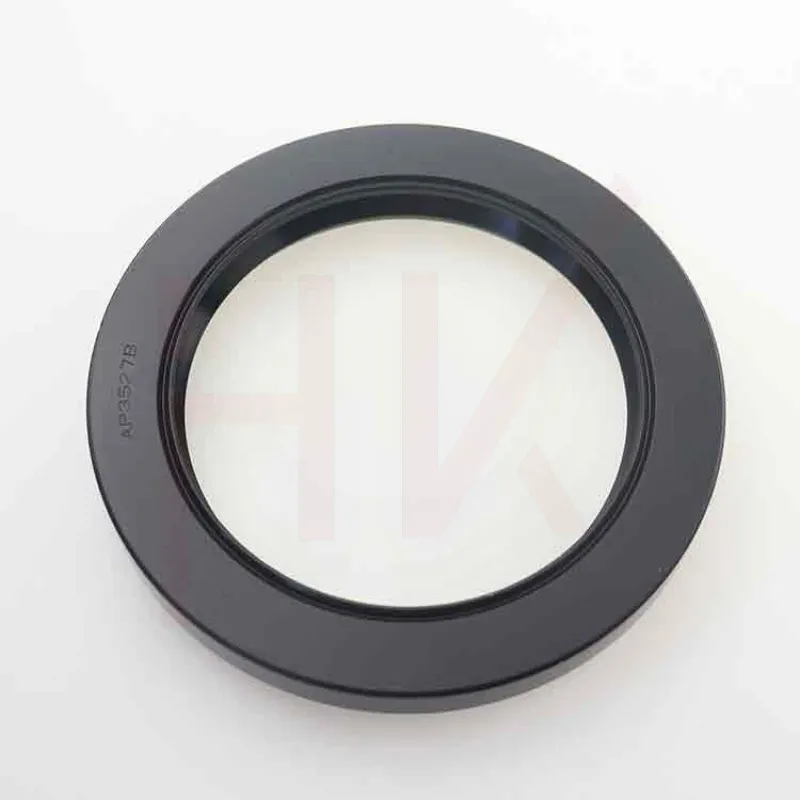Oct . 31, 2024 16:52 Back to list
Effective Solutions for Enhancing Performance with Industrial Oil Seals
Understanding Industrial Oil Seals Importance, Types, and Applications
Industrial oil seals are essential components in various machinery and equipment, playing a crucial role in ensuring the effective operation of mechanical systems. Oil seals, often referred to as shaft seals, are designed to prevent the leakage of lubricants and the entry of contaminants into machinery. This article explores the significance of industrial oil seals, the different types available, and their wide-ranging applications.
Importance of Industrial Oil Seals
The primary function of an industrial oil seal is to maintain the integrity of lubrication systems. In rotating equipment like motors, generators, and pumps, proper lubrication is vital to reduce friction and wear on moving parts. Oil seals help contain the lubricating oil within the system, preventing any loss that could lead to insufficient lubrication, overheating, and ultimately, equipment failure. Additionally, oil seals protect against dirt, debris, and moisture that could compromise the functionality and lifespan of machinery.
Types of Industrial Oil Seals
Industrial oil seals come in various types, each designed for specific applications and environments. Some common types include
1. Lip Seals These are the most commonly used oil seals, featuring a flexible lip that presses against the shaft. Lip seals can be single-lip or double-lip, with the latter providing additional protection against contamination.
2. Radial Seals Designed for rotary applications, radial seals are widely used in automotive and industrial machinery. They effectively seal against both internal and external pressures.
3. Face Seals Often used in high-speed applications, face seals utilize a dynamic interface to minimize friction and wear. They are less prone to leakage and are effective in protecting against contamination.
4. Mechanical Seals Though slightly different from traditional oil seals, mechanical seals are often used in applications that involve liquids under high pressure. They provide an effective barrier against leaks.
industrial oil seals

Applications of Industrial Oil Seals
Industrial oil seals find applications across various sectors, including
- Manufacturing Oil seals are critical in conveyor systems, hydraulic equipment, and bearings, ensuring operational efficiency. - Automotive In vehicles, oil seals are used in engines, transmissions, and axles to prevent oil leaks and protect against contaminants.
- Aerospace Oil seals are essential in aircraft engines and hydraulic systems, providing reliability and safety in critical applications.
- Marine In ships and boats, oil seals protect vital machinery from seawater ingress and keep lubricants contained.
- Construction Equipment Heavy machinery, such as excavators and bulldozers, rely on robust oil seals to operate efficiently under harsh conditions.
Conclusion
In conclusion, industrial oil seals are indispensable in ensuring the smooth operation and longevity of machinery across multiple industries. By preventing oil leaks and safeguarding against contaminants, they not only enhance the performance of equipment but also contribute to overall operational safety and efficiency. As technology advances, the design and materials used for oil seals continue to evolve, catering to the ever-increasing demands of industrial applications. Understanding the types and functionalities of oil seals is crucial for maintenance and selection, ensuring that machinery runs smoothly for years to come.
-
TCN Oil Seal Metal Ring Reinforcement for Heavy Machinery
NewsJul.25,2025
-
Rotary Lip Seal Spring-Loaded Design for High-Speed Applications
NewsJul.25,2025
-
Hydraulic Cylinder Seals Polyurethane Material for High-Impact Jobs
NewsJul.25,2025
-
High Pressure Oil Seal Polyurethane Coating Wear Resistance
NewsJul.25,2025
-
Dust Proof Seal Double Lip Design for Construction Equipment
NewsJul.25,2025
-
Hub Seal Polyurethane Wear Resistance in Agricultural Vehicles
NewsJul.25,2025
-
The Trans-formative Journey of Wheel Hub Oil Seals
NewsJun.06,2025
Products categories
















